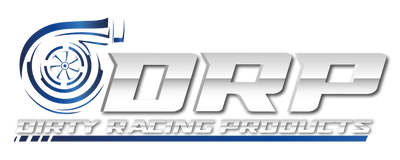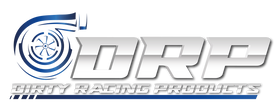4 Mistakes To Avoid When Washing an Engine

Proper maintenance and cleaning of your vehicle’s engine is essential to ensure it runs smoothly, performs optimally, and lasts. Driving cars with clean engines is a great way to enhance your driving experience and a significant step towards protecting important car parts. In this article, we’ll discuss four common mistakes to avoid when washing an engine and share best practices, tips, and techniques for performing engine maintenance correctly.
The Importance of Engine Cleaning
A well-maintained engine is synonymous with optimal performance and fuel efficiency. Regular cleaning keeps dirt, grime, and debris from building up, causing overheating, corrosion, and potentially costly repairs on expensive performance car parts. Following proper cleaning procedures is crucial whether your engine is gasoline or diesel.
Mistake 1: Using Harsh Cleaning Agents
One of the most common mistakes while cleaning an engine is using harsh cleaning agents. Many vehicle owners unwittingly use aggressive detergents or degreasers that may lead to component damage. Choose a specially formulated engine cleaner suitable for your engine type to avoid this issue. Always read labels and follow the manufacturer’s guidelines for application and dilution.
Mistake 2: High-Pressure Water Flow
Applying high-pressure water directly onto the engine parts can cause damage to sensitive components, such as sensors and electrical connections. Instead, opt for a low-pressure water flow or use a garden hose with a trigger nozzle that allows better control over the water flow. Cover sensitive components, such as the alternator, fuse box, and air intake, with plastic bags or aluminum foil to prevent water damage.
Mistake 3: Ignoring Engine Temperature
Cleaning a hot engine is another common mistake. Rapid cooling caused by water sprayed on the hot engine can lead to cracked or warped parts. Allow the motor to cool down sufficiently before starting the cleaning process. Avoid cleaning right after a long drive or after the engine has been idle for an extended period.
Mistake 4: Overlooking Necessary Precautions
Before you start the engine cleaning process, taking the necessary precautions is essential. Disconnect the battery, especially if your vehicle has a complex electrical system, to prevent electrical damage. Wear protective gear, such as gloves and goggles, to ensure your safety during cleaning.
Proper engine cleaning requires awareness of best practices and common mistakes to avoid. By employing the correct methods and paying attention to critical aspects such as engine type, cleaning agents, water flow, and necessary precautions, vehicle owners can significantly increase the lifespan and performance of their engines. Now that you know these potential pitfalls rest assured that your engine cleaning efforts will yield positive results.

